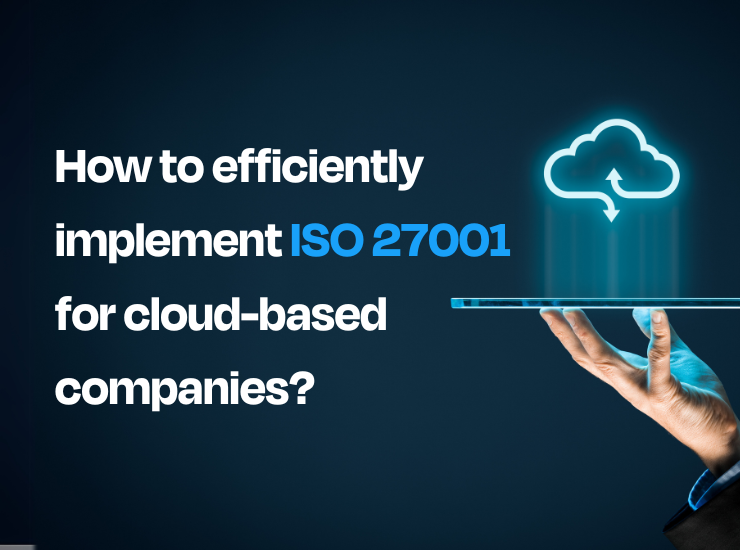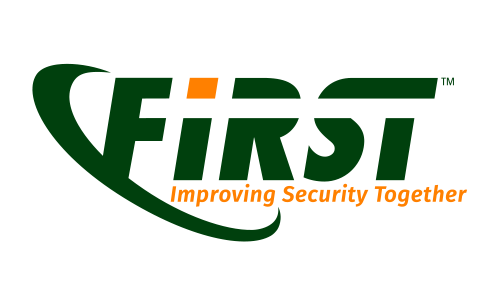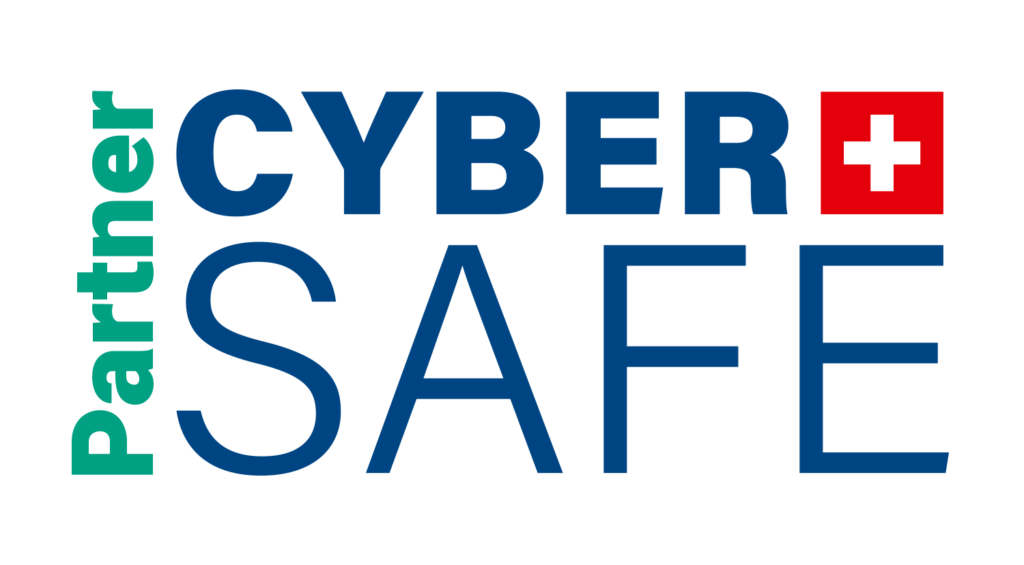Today, more companies are adopting cloud-based technologies, whether as consumers or providers of cloud services. While cloud solutions offer numerous advantages, they also introduce specific information security risks that organisations must address.
In addition to ensuring secure solutions, businesses need to build trust and provide assurance regarding data protection and resilience. Both cloud consumers and providers have a responsibility to establish these assurances. Achieving ISO 27001 certification is a powerful way to meet these goals and demonstrate commitment to robust information security practices.
This article provides valuable guidance for companies navigating the implementation of an ISO 27001-compliant Information Security Management System (ISMS). It clarifies roles and responsibilities, emphasizing that while certain risks may shift to the cloud provider, organizations remain accountable for protecting data and ensuring privacy.
Additionally, the article identifies which Annex A controls require adaptation for cloud-based environments. It compares these challenges to traditional on-premises models, helping businesses better understand the unique considerations of cloud security.
As organisations increasingly rely on cloud services, achieving ISO 27001 certification is more relevant than ever. This certification not only helps mitigate risks but also demonstrates a company’s commitment to maintaining trust and compliance in an ever-evolving digital landscape.
Ready to get certified? Read our paper to start your journey.
And when you’re ready, contact us to help you along the way!






